Last updated on June 9, 2025
A film by Hafsia Herzi
With: Nadia Melliti, Park Ji-Min, Amina Ben Mohamed, Rita Benmannana, Melissa Guers, Razzak Ridha, Louis Memmi, Anouar Kardellas, Waniss Chaouki, Madi Dembele
Fatima, 17, the youngest of three daughters, treads carefully as she searches for her own path, grappling with emerging desires, her attraction to women, and her loyalty to her caring French-Algerian family. Starting university in Paris, she dates, makes friends, and explores a whole new world, all while confronting a timeless and heartrending dilemma: How can one stay true to oneself when reconciling different parts of one’s identity feels impossible?
Our rate: ***
Hafsia Herzi continues on her path as a filmmaker, confirming all the qualities we have already glimpsed. She literally delivers a Kechiche-style romance, also managing to make meal scenes speak, to film bodies with grace, to reveal a profound truth in the midst of a seemingly ordinary yet passionate polyphonic exchange. When the collective pushes the individual to assert themselves in order to resist, she also knows how to play with emotions and impulses and offer cinema that both imitates reality and concentrates it, without the artificial taking over (naturalism à la Pialat before Kechiche, the choice to retain only symbolic moments to advance the narrative in a fluid and seamless manner). The dramaturgy here is remarkably harmonious, aided by staging, editing, and music choices all designed as a permanent chiaroscuro, or more precisely as an oscillation between the two Fatimas: the devoutly religious one, who loves her family but harbors a natural anger at what she feels she has been deprived of, at what her environment forbids her or pushes her to repeat, almost by injunction, by the contradictions she develops, and the one who discovers herself, opens up, shows curiosity about the world, and experiments in order to better understand herself, taking an interest in other models that fascinate her. Hafsia Herzi reveals her to us in detail, sharing her thoughts, emotions, fears, desires, and wishes, but also and above all her inhibitions, doubts, hesitations, attachments, and resistance. As is often the case in many films, the main theme of the film is presented to us by a philosophy professor during a lecture. Hafsia Herzi talks to us about emancipation from religion, country, men, authority figures, prejudice, and judgment. Thus, like Kechiche, Herzi succeeds in making us feel the intensity of love, the all-consuming passion of youth, and in offering us an intense, twist-filled romance that must be read in the present as well as in the long term, as the truth of a moment is not necessarily the eternal truth. Fatima goes through trials, learns from others, and discovers herself. She opens up to those who attract her, confides in them, and closes herself off or hides from others. Above all, the power of La petite dernière lies in the subtlety of its approach, in its precise gaze, which we also feel when Herzi interprets characters, on the one hand moments of relaxation and direct expressiveness, on the other introspection, meaningful glances, and eloquent silences.

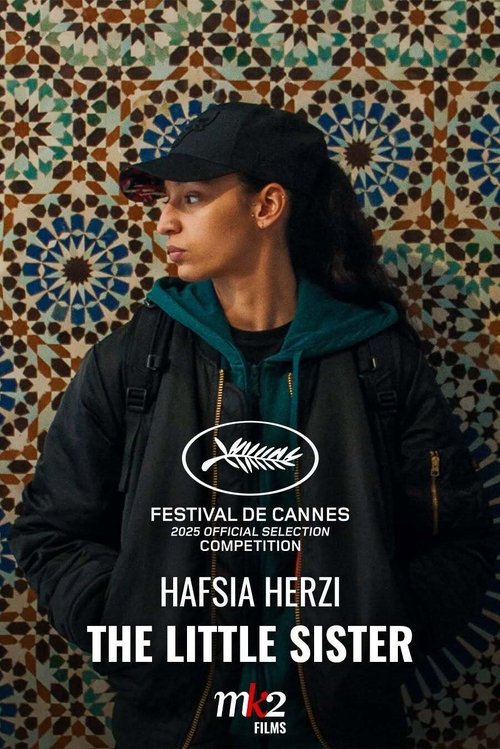

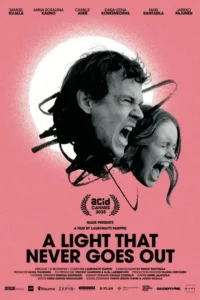

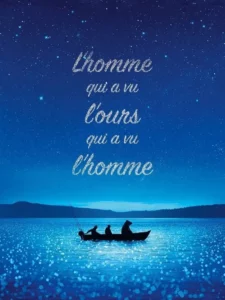

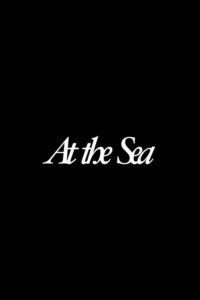

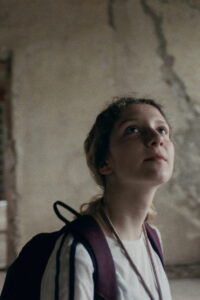
Be First to Comment